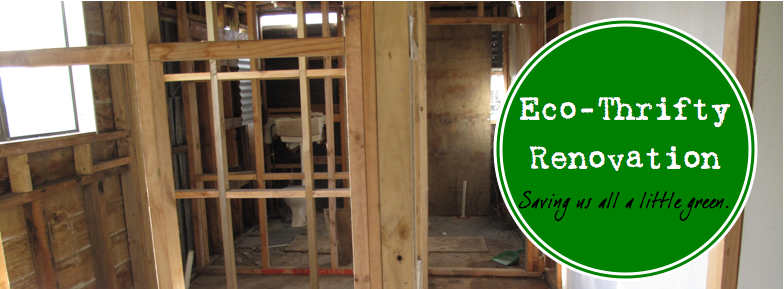I’ve written lately about some of the big ideas behind
eco-thrifty renovation including the amazing power of design (Chronicle
27-10-12) and ways in which a low-energy home can empower the occupants by
allowing them to worry less about raising power bills (Chronicle 3-11-12). What
these two big ideas of eco-thrifty design have in common is the notion of
resilience.
Resilience is the ability to weather a storm, to persist in
the face of adversity, to ‘roll with the punches.’ Resilience is a cornerstone
of Aotearoa/New Zealand. The first human settlers to come here – both Maori and
European Pakeha – left familiar, comfortable surroundings to venture to a new
(for them) land. Each group – in their own way and in their own time – had to
remain resilient to all that the Land of the Long White Cloud could dish out.
For both, that often meant storms, or as the media like to
call them, ‘weather bombs.’ Early Maori structures and the current Building
Code both consider high winds and driving rains. In both cases, this is called
appropriate design. You will recall, however, a time in New Zealand history
when such appropriate design and construction was not practiced. That time is
remembered as the era of ‘Leaky Buildings.’
But, as Bob Dylan, warns, “The times they are a-changing.”
As someone who has followed discussions on global climate change for over two
decades, I’ve been interested recently (the last three years) that the dialogue
has turned from one of ‘prevention’ to one of ‘adaptation.’ Adaptation, in this
sense, means planned resilience. From what I can tell, world leaders have
resigned themselves that humanity lacks the collective will to keep carbon
dioxide levels below what is considered ‘safe’ by the vast majority of climate
scientists. The result, as documented in a flurry of recent pear-reviewed
papers, is an increasing incidence of extreme weather events.
This was the prediction, and now data has born it out.
What’s left for us to do is ‘batten down the hatches.’ Aotearoa / New Zealand
has always be buffeted by storms, it’s just that now those storms are likely to
become more frequent and stronger. A corollary to this – for those shocked by
the increase of home insurance premiums due to the Christchurch quakes – is
that we will all pay more to clean up after those storms.
One recent ‘storm’ that most Europeans are paying dearly for
is the so-called ‘Global Financial Crisis.’ Like predictions on climate change,
the GFC was also forecast but the warnings were ignored. Greeks, Spaniards,
Irish, Brits, Portuguese, etc are paying for the storm through the
appropriately named ‘austerity measures’: cutbacks in education, health
services, libraries, swimming pools, etc.
Funny that many of the same things are happening in the
states but no one dare use the word ‘austerity.’ Instead, the high and mighty
politicians who racked up 16 trillion dollars in debt suddenly talk about the
need for ‘fiscal responsibility.’
Be it York or New York, Las Cruces or Las Vegas, Athens or
Atlanta, communities of people are getting together and creating local
resilience to global finance in the form of local currencies, time banks and
barter and exchange systems. These have become particularly popular in Greece
as it is on the leading edge of financial and economic turmoil.
Not that turmoil has anything to do with it, but Wanganui
appears to be way ahead of even the Greeks regarding local financial
resilience. The River Exchange and Barter System (REBS) has been in operation
for over 20 years. You may have seen the stall at the Saturday market and
wondered, “What’s that about?”
Well, here is the opportunity for you and your mates to
learn more and to have some fun at the first ever REBS Quiz Night and Info
Session. It’s only $20 per team of 3 to 5, but pre-registration is required.
Wednesday, 14th November. 6:30 – 8:30 pm
YMCA St. George’s campus
$20 per team of 3 to 5.
REBS members and non-members welcome!
Prizes!
To register your team, ring Donna
on 345-7282


wish we were close enough for this.
ReplyDeleteviv in dunedin